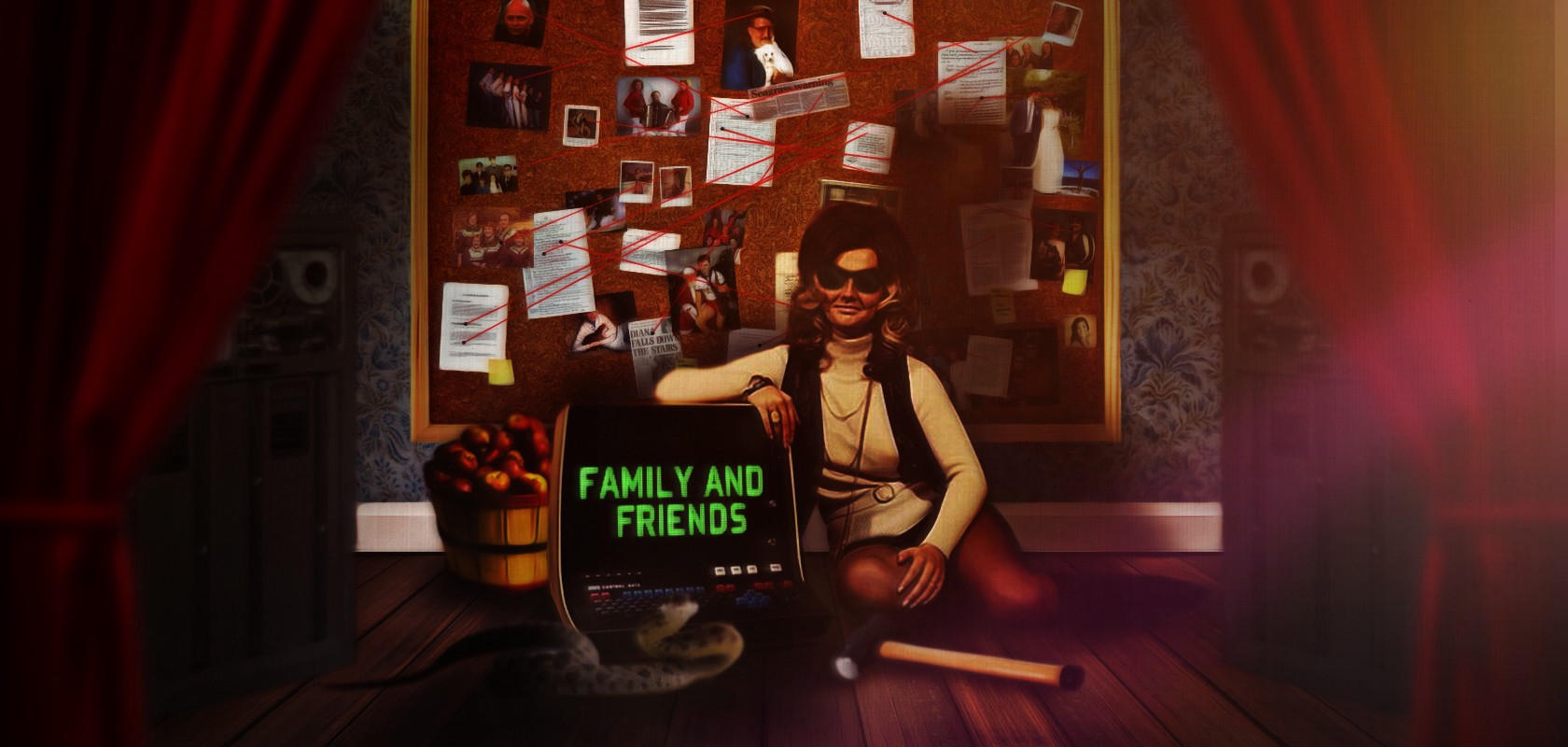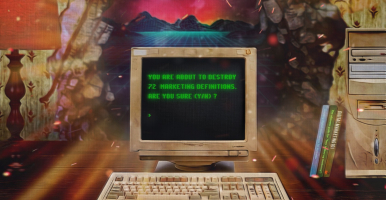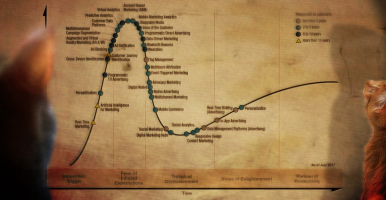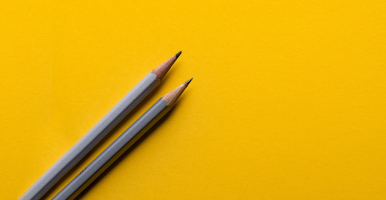Why social media giants must give us control of what we see in our feeds
and why we have to wait for the next generationMedium is a great platform, you can find articles about almost any topic. The Daily Digest I get in the mail is a real treasure trove. There is just one problem. One writer has been able to take the top spot in “Today’s hightlights”. Three days out of five he is featured, often at the top spot. And he is totally insufferable! No, I will not name names.
I must at some point have done something that makes Medium think that I love the stuff he writes. I know that I read one of his articles at some point just to verify the stupidity but now I am stuck with the guy. Forever as it seems.
Since I regularly spend far too much time on things that I cannot change I’ve been in contact with support about this. Several times 😊. Their response? “You can always block him”. “I don’t want to block him , I just want your stupid algorithm to stop push his stories to me when I am not interested!”. They have stopped responding…

So the only tool Medium gives me to control what I see in the Daily Digest is a sledgehammer. Well, thank you! And Medium is in good company, all social platforms want to ”help” us find the interesting stuff, but doesn’t want to give us any control.
How did we get here?
Information Overload
In darker times we got our information from newspapers where a publisher had selected what stories should go in the paper, hwo much space and on what page. The publisher was in full control of the information flow.
Today most people get their information from social platforms, such as Facebook, Twitter, YouTube. But the information flow is so massive and relentless that everything that might be relevant drowns in the noise.
Algorithms to the rescue! The platforms store data about us and our behavior, analyze it with cutting edge neural networks, uses a super smart algorithm to select and present the stuff that it thinks we will be interested in.
So are we getting the content that we want? It is very hard to say since we don’t know what has been filtered out. Maybe what we get is the perfect selection, maybe we are missing out on lots of interesting stuff.

What we do know is that Zuckerberg promised us more posts from family and friends in the future, regardless if we want it or not. Do we really want Mark to have any control over our private life? Any? Creepy…
Information Overlord?
We put quite a lot of trust in the platforms here, if they filter in the wrong way they are actually altering our perception of the world. The algorithms are company secrets so we have no idea about how they work, what they prioritize and what they deem as irrelevant or even dangerous.
The platforms are clearly in control of our information flow, i.e. which posts they show and not, but are they also responsible for the actual content? Are they actually publishers?
The platforms have been under lots of pressure lately to remove content that of different reasons is seen as inappropriate or damaging. There has always been policies in place for what is allowed to be published on the platforms. Some of it is based on common sense, e.g. violence, sex, but what is new is that a grey area have emerged: election meddling, trolling, fake news, dissenting political views, which have promted the platforms to hire massive numbers of human curators. They are clearly acting as if they are responsible, and as a result will make them even more in control of our information flow.
In which way is this different than the old school publishers? The social platforms are curating the flow of content as did a tradidional publisher. They could theoretically hire humans to do it but for practical reasons they use algorithms. The method is different but the result is the same, ergo publishers!
Well, you could say “The algorithm did it!” to which I would respond “Surely you are joking!” until I learned that EU lawmakers have suggested some kind of personhood for robots. So you might be serious, but no bro. Just no.
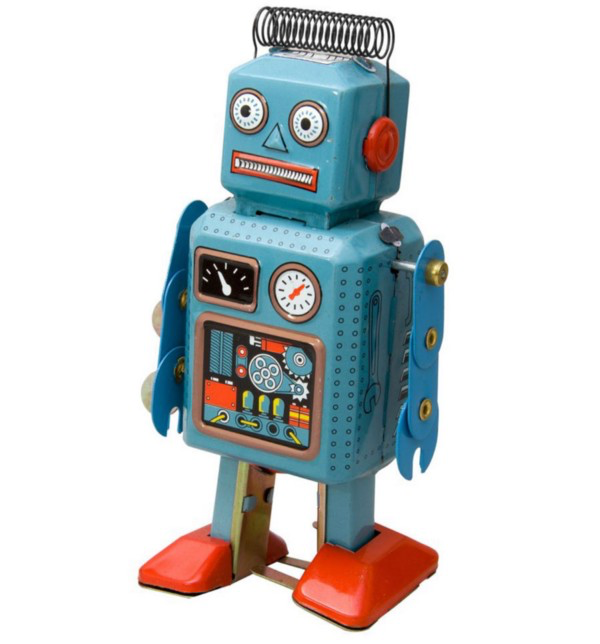
It is not hard to understand why the platforms doesn’t want to be defined as publishers, it would kill their business immediately. My guess is that they will keep pretending that they are not publishers while at the same time behaving like ones and increasing the manual curation to keep the critics calm. Good luck with that!
All this is really bad news, not only for the platforms themselves, but also for the users who will have even less control over what they see in their feeds and just have to accept what they get served.
The solution
There is a solution that is a win-win for all parties: give the user full control of what they see in their feeds and sidebar. If they have a special interest they prioritize that, if they are offended by something then they can filter that out. It is now up to the user to be as open minded or close minded as they want.
The platforms are no longer curating the content or affecting what the user sees, so they can no longer be considered publishers. There will still be content (a lot) that needs to be removed based on platform policies, but that is already in place and shouldn’t have to change much over time.
…and why they can’t
The platforms have collected data about us from day one. This data is used to “help” us find the good stuff but infinitely more important, to categorize us for targeted ad delivery.
It is not that we have been totally unaware of this, we have all read and signed the user agreements 😜, and we did get the stuff for free, fair enough. What we did not foresee was the scale of the data collection which is totally mindboggling, and how deeply personal this data would get.
It is possible to know, directly or indirectly, almost everything about a person: political affiliation, mental health, sexual orientation, addictions, pregnancy, infidelity, the list goes on. Maybe they even know more about us than we know ourselves.
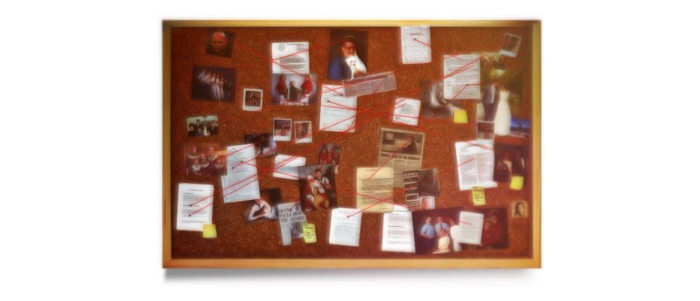
To be blunt: we are the product, neatly categorized and prepared for ad delivery based on simplistic stereotypes. We are far too valuable to be let free.
It’s the future, baby!
Don’t get me wrong, I am not against ads at all, I think it has the potential to be a real win-win solution. In the ideal scenario I get something for free and then watch some ads for things that I need or am interested in.
The current platforms might very well end up caught between a rock and a hard place pretty soon. On one hand they would not survive getting the responsibilities of a publisher, on the other hand the obvious thing that would solve that problem would require massive changes to their business model.
Changing to a model where the user is control would mean big changes for the ad industry too, but I think we are pretty adaptive 😊. It could be exactly what we need to move from the current short sighted attention grabbing model to one aiming to build a long term relation with the user.
I think we have to wait for the next generation of socially driven platforms to get this fixed. Social media services are clearly filling a need, but the idea that we are not in control of the information and content that we consume seems totally backwards.
Let publishers publish and social media platforms enable social interaction. Great opportunities for the creative mind!

